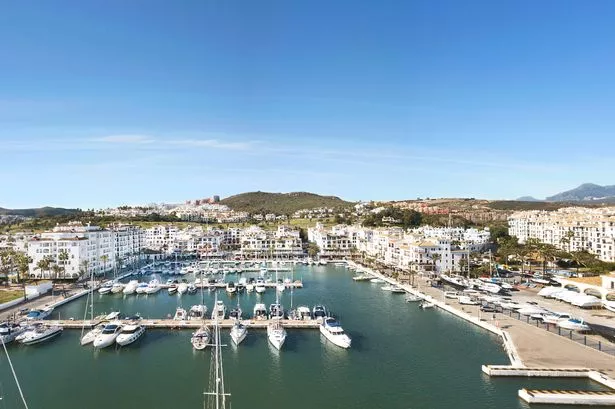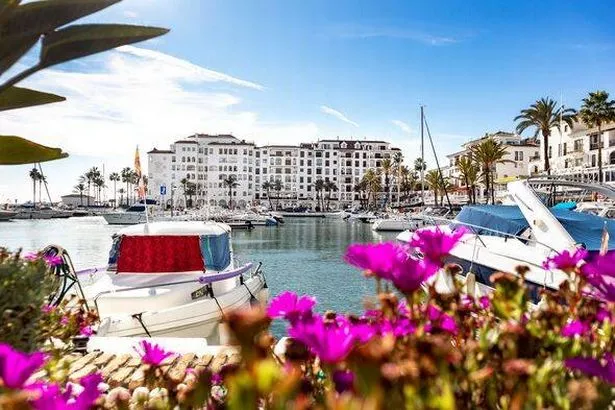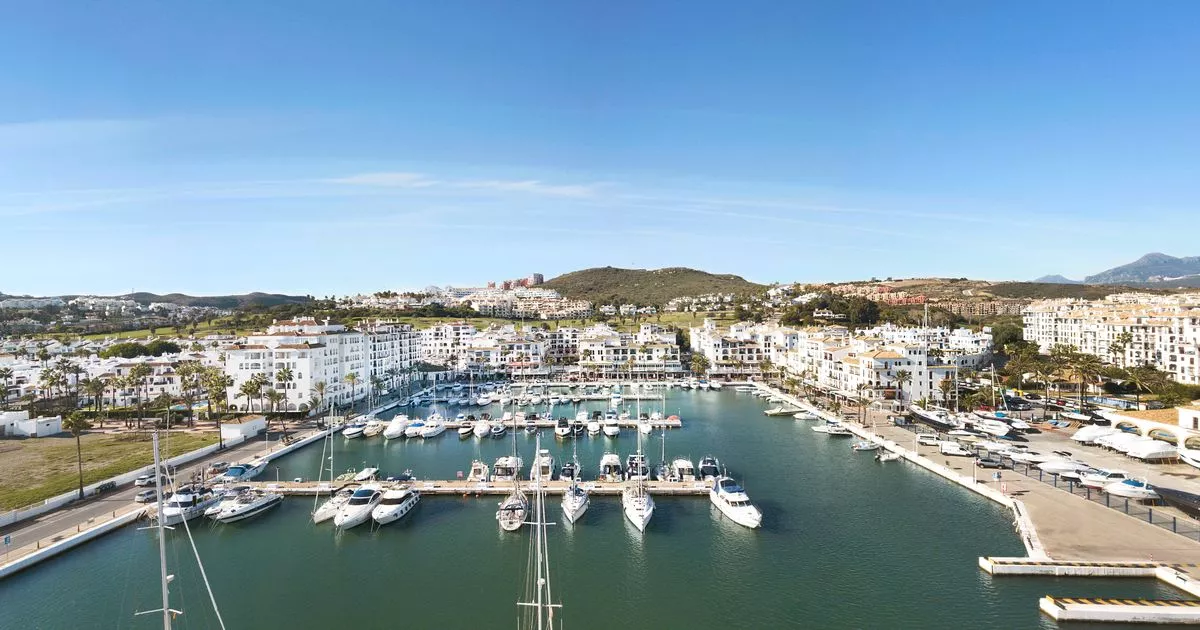UK expat Mark Danby has been living in Spain for six months, but claims the country is still ’20 years behind’ the UK in one particular area, causing a huge amount of frustration Mark Danby swapped his life in the UK for Spain six months ago(Image: Alexe Marcel via Getty Images)
Mark Danby swapped his life in the UK for Spain six months ago(Image: Alexe Marcel via Getty Images)
A UK expat residing in Spain has boldly claimed that the country is “20 years or so behind the UK” in one particular aspect. Mark Danby, hailing from Stockport, Greater Manchester, made a significant life change six months ago, swapping the UK for the sun-drenched shores of Spain.
He settled in Manilva, a part of Malaga in the Costa del Sol. Despite thoroughly enjoying his new life in Spain, Mark has faced some challenges, having previously discussed the intricacies of the local visa system.
Working in IT and running a YouTube channel named Tapas Guy, Mark moved to Spain on a digital nomad visa, which permits foreigners to reside in Spain while working remotely for companies abroad or as self-employed individuals.
However, he’s found that bureaucratic processes can be sluggish, remarking that “everything takes so long”. This may be attributed to a certain “contrast” between the UK and Spain.
When quizzed about the most significant cultural shock since his move, Mark pointed out in one of his videos that Spain was “about 20 years or so behind the UK” in a specific area, reports the Express.
 Mark works in IT but also shares Spain-related content on his YouTube channel(Image: Mark Danby/YouTube)
Mark works in IT but also shares Spain-related content on his YouTube channel(Image: Mark Danby/YouTube)
He remarked: “And I describe it as being Spain being about 20 years or so behind the UK in kind of technology. Everything takes so long. They don’t go for electronic systems. They like their pieces of paper; that is the biggest shock.
“They are paper pushers; they’re pen pushers. Everything is paper, like when you go for your…your sort of your visa applications or your… as I’m now waiting for my TIE card, which is my foreign residency card, everything is paper processed.”
Mark shared that he’s in the queue for his card and they’ve “already kind of accepted it”. He detailed how applicants must visit a police station to submit their documents, have their fingerprints recorded, and then wait for the card to be produced.
He continued: “If they had a little printer machine by them, they could just press a button and print it out, but oh no. You know, it has to go through the paper process and it has to.”
 Mark Danby left the UK behind to seek out the sunnier climes of Spain(Image: Mark Danby/YouTube)
Mark Danby left the UK behind to seek out the sunnier climes of Spain(Image: Mark Danby/YouTube)
Mark went on: “You know, it can take another…you have to sort of make another appointment to go back. Everything’s booked up solid and, you know, I’ve still not got it. Everything takes a long time, a very, very long time.”
A TIE card is essentially a Spanish Foreign Identity Card (or tarjeta de identidad de extranjero in Spanish), serving as proof of legal status for foreigners residing in Spain, typically required for those with visas permitting stays beyond six months.
 A view of ‘Puerto de la Duquesa’ yachts and boats docked in Manilva(Image: Getty Images/iStockphoto)
A view of ‘Puerto de la Duquesa’ yachts and boats docked in Manilva(Image: Getty Images/iStockphoto)
Spain adheres to the regulations of the Schengen area, which set out specific passport requirements and permit individuals to travel visa-free within the zone for up to 90 days within a 180-day period.
For more Spanish travel advice, visit the GOV website here.
